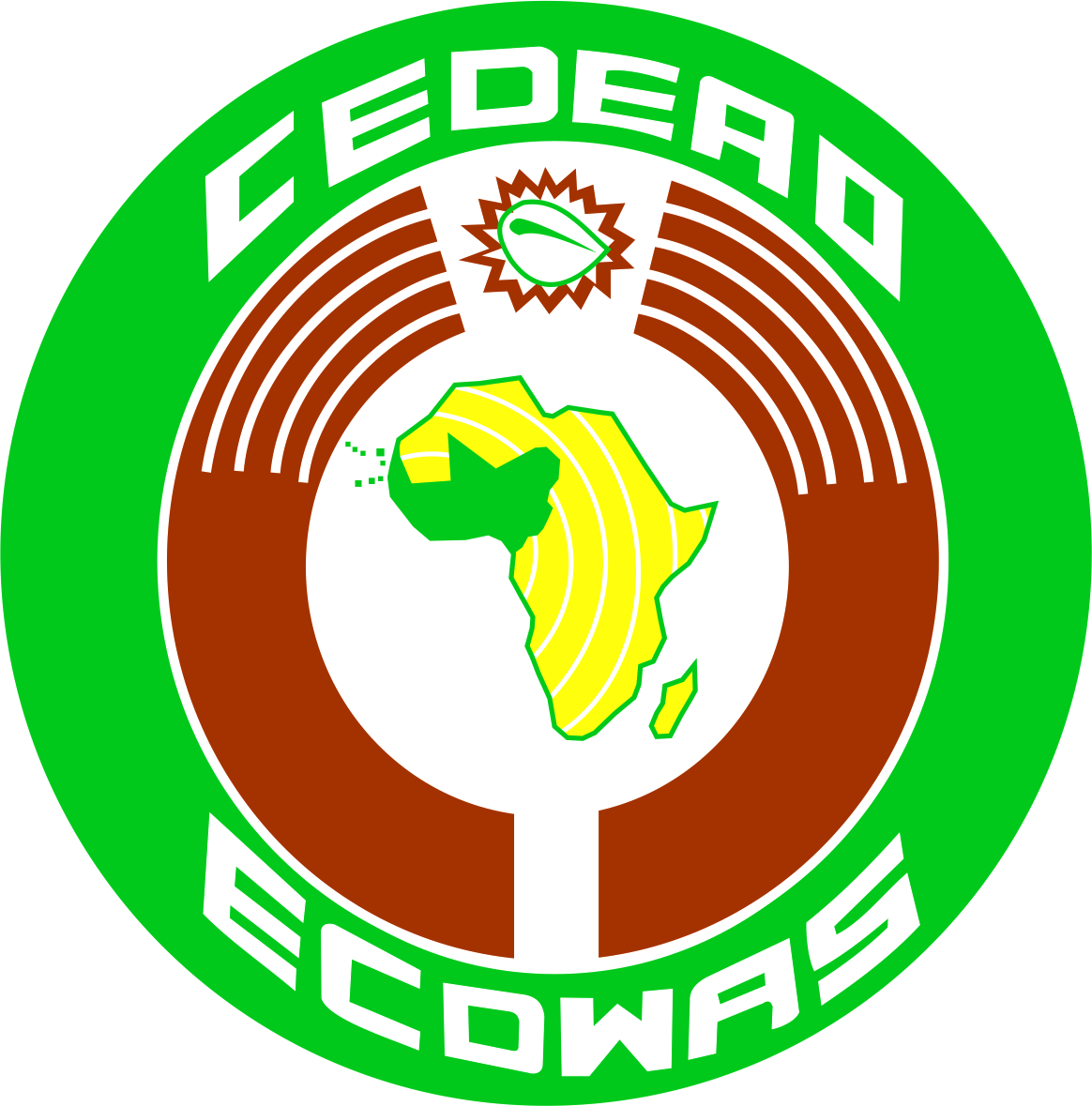The ECOWAS Commission’ s Department of Human Development and Social Affairs, in partnership with the United Nation High Commissioner for Refugees (UNHCR), has commenced a three-day Regional Post-Ministerial Coordination Technical Workshop in Dakar, Senegal. The workshop is a preparation for the upcoming Global Refugee Forum (GRF) scheduled for December 2023 in Geneva, Switzerland.
The workshop likely focused on strategies to strengthen collaboration among member states to better support and manage the needs of refugees and IDPs within the West African region. The initiative underscores a collective effort to address humanitarian concerns and promote stability in the face of displacement crises.
In her opening remarks, ECOWAS Commissioner for Human Development and Social Affairs, Prof. Fatou Sow Sarr, emphasized the significant dangers and threats faced by refugees, highlighting the potential long-lasting impacts on various aspects of their lives, including socioeconomic development, physical health, psychological well-being, environment, livelihood, and access to security, education, housing, infrastructure, and social life.
She stressed the need for a comprehensive approach, known as the “nexus” approach, which involves proactive planning to prevent crises, rapid responses to natural disasters, and addressing the root causes of displacement through political and diplomatic means. Prof. Sarr made a commitment that ECOWAS will continue to work on its Global Refugee Forum pledges and deploy efficient response mechanisms to mitigate the impact of displacement in the region. She urged participants to provide the necessary technical support to ensure the success of the forum and enhance ECOWAS humanitarian action by bridging the humanitarian-development divide.
UNHCR Regional Director for West and Central Africa, Mr. Abdouraouf Gnon Konde, emphasized the strong collaboration between UNHCR and ECOWAS, citing the recent signing of a revised MoU as evidence of their excellent relationship. He reaffirmed UNHCR’s commitment to supporting ECOWAS and its member states in preventing forced displacement and providing protection and assistance to forcibly displaced individuals in West Africa.
Mr. Konde urged member states to continue their collaborative efforts, share experiences, and adopt best practices. He highlighted the importance of clear and high-quality pledges, such as including refugees in national statistics, naturalization, financial inclusion, and access to land, to inspire donor confidence and garner increased support for implementation.
Mr. Mamadou Moustapha Seck, Deputy Coordinator representing the Director and Coordinator of the ECOWAS National Office in Senegal, highlighted the timeliness of the workshop, aligning with the Global Compact on Refugees’ principles of a multi-stakeholder, partnership-based approach for comprehensive and sustainable responses to refugee and displacement situations.
He emphasized the need for member states to renew commitments and demonstrate active solidarity in addressing these challenges and commended, Liberia, Nigeria, Burkina Faso, and Côte d’Ivoire, for strengthened their inclusion policies in areas like health, education, livelihoods, and social protection and for integrating statelessness issues. He also mentioned the revitalization of the naturalization process for Mauritanian refugees in Senegal since 1989, with around a hundred people already registered and a thousand applications being processed by the Ministry of Justice.
Mr. Titus Murdakai, Deputy Director (Refugees Affairs) of the National Commission for Refugees, Migrants and IDPs Commission (NCFRMI), chaired the meeting and in his welcome address, highlighted the commitment made by ECOWAS heads of governments four years ago in Geneva to support refugees hosting countries. At that time, pledges were made by states to alleviate the challenging conditions faced by refugees and their host communities.
Mr. Murdakai, urged participants to actively engage in stock-taking, evaluation, and review processes, and to propose new pledges. Additionally, he welcomed matching pledges from development partners and stakeholders as part of the preparation for the Global Refugee Forum (GRF) meeting scheduled for December 2023.
Participants invited to the workshop includes representatives of ECOWAS Member States, the African Union (AU), the Economic Community of Central African States (ECCAS), the ECOWAS Community Court of Justice, other relevant International Organizations and Donors, who are expected to deliberate on and explore pledge-matching opportunities, the potentials for supporting a pan-African pledge, share successful implementation strategies and challenges encountered during their various implementation processes.
At the end of the workshop, an outcome statement which will provide roadmap for enhanced implementation of the GCR Plan of Action at the ECOWAS Commission, Member States and other stakeholders, a consolidated ECOWAS regional approach for the GRF and a robust support strategy by donors would be released.
Distributed by APO Group on behalf of Economic Community of West African States (ECOWAS).
